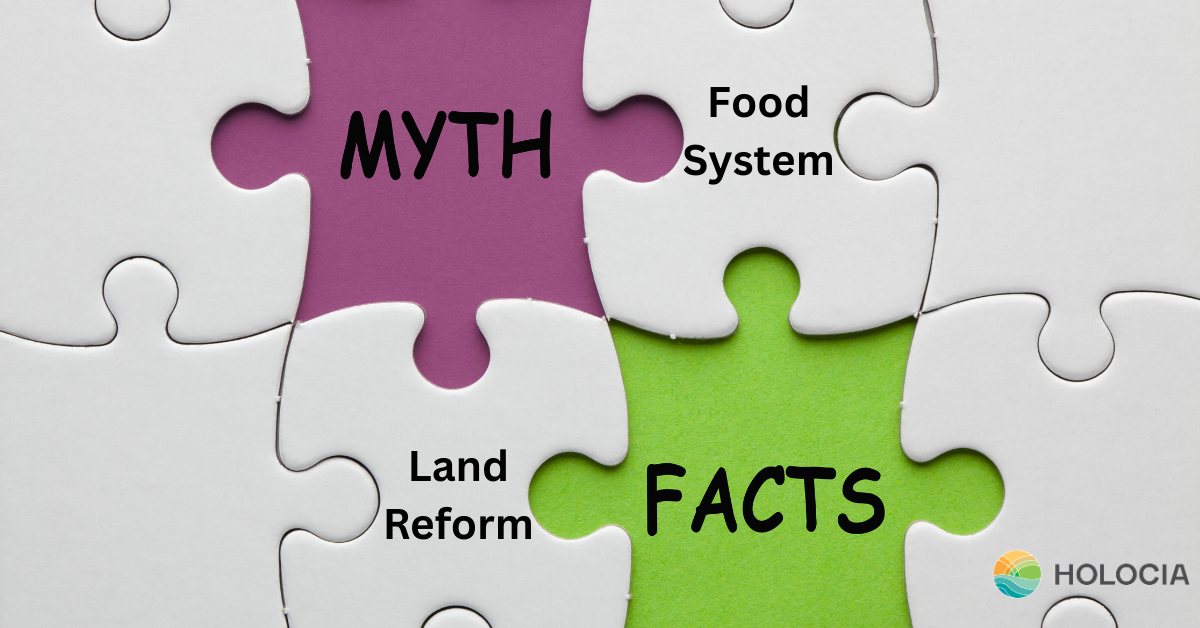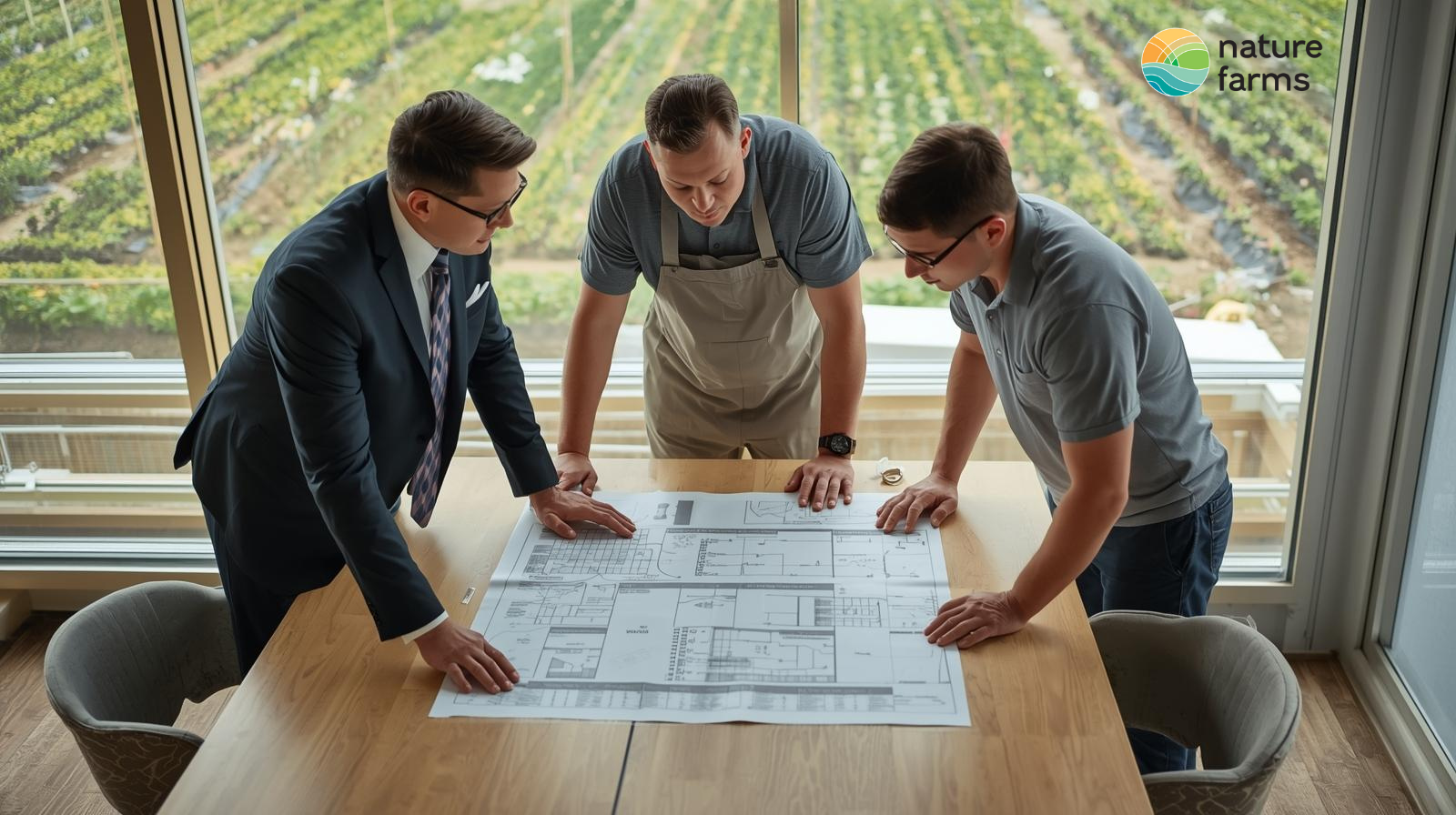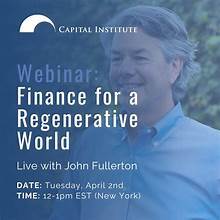Beyond the Illusion: Reclaiming Real Food Freedom for Our Community
Are you tired of feeling frustrated by endless grocery store brands that all seem the same, or deeply uneasy about where your food comes from and its impact on your family's health and the planet? You're not alone. Many of us in Travis County, who value authenticity, engaged action, and a holistic understanding of our world, intuitively sense that something is fundamentally amiss in our food system.
Our current American food system is not the traditional, common-sense system it claims to be. It is, in fact, "radical" due to its extreme concentration of power and its prioritization of profit over people, community, and the planet. This isn't just an abstract economic issue; it manifests in tangible ways right here in Travis County. A staggering 15% of our neighbors face food insecurity, meaning they lack consistent access to enough affordable, nutrous food. Eighteen out of 47 zip codes still lack grocery stores, disproportionately impacting Black residents, with 27% facing the highest barriers to access. The thousands of essential food workers who form the foundation of our system earn an average of just $15.45/hour and often struggle with hunger themselves. Our precious agricultural land is rapidly disappearing, with a 21% decrease in farms and 16.8 acres lost daily since 2017. Meanwhile, an estimated 1.24 million pounds of food are wasted daily in the greater Austin area, resulting in potent methane emissions. This "polycrisis", as author Thomas Homer-Dixon describes it, is not a mechanical failure but a biological illness within our living systems, leading to widespread chronic illness and an expensive, inefficient healthcare system.

But imagine a different future, a "promised land" where food isn't just a commodity, but nutritionally dense. Picture a Travis County where every resident can sit down around their family table, enjoying a meal where everyone involved—from the growers to delivery people—made a reasonable living at a fair price. This is a future where weekly produce boxes of nutrient-dense, local, and culturally-rooted food are the norm, offering superior flavor and nutrition, with measurable improvements in your family's health biomarkers. Farmers are empowered with stable livelihoods, recognized as scientists and business leaders, focusing on their craft rather than constant marketing anxieties.
Think about it: Your home value could be enhanced by participating in Nature Farms, which are structured as a Public Private Partnership model with local farmers, with a low initial cash investment and then funded with low-cost tax-free municipal bonds to buy farmland and build community assets. Membership in these new districts comes with your property, enhancing its resale value and providing long-term food security. You would enjoy improved social well-being and potential dietary benefits from thriving, community-owned farms operated by professional farmers. Imagine your daily life with significantly less food waste, as millions of pounds of food are diverted from landfills, thereby reducing potent methane emissions. This is a new life where you feel a deep reconnection to your food, your local environment, and your cultural heritage, inspired by approaches that value diverse cultural foodways and environmental stewardship. You'd experience tangible improvements in health biomarkers, effortless access to exceptionally flavorful, locally-grown food without the hard work and variable yields of personal gardening, and a dramatic reduction in single-use plastics in your household, contributing to reduced exposure to microplastics and associated inflammatory conditions. This future promises a profound sense of pride and hope, actively regenerating nature and building a resilient food system for future generations.
This vision isn't just a dream; it sparks positive ripple effects across our community. Our local food system becomes more resilient, less reliant on fragile, 1,500-mile industrial supply chains that are vulnerable to disruptions like Winter Storm Uri. We actively help regenerate nature, promoting biodiversity and sequestering carbon by reintroducing animals to the land and moving away from monoculture. This fuels a stable, self-sustaining local economy, with revenues from food sales directly benefiting our community and producers, rather than being extracted by distant corporations. Our communities become stronger, healthier, and more connected, restoring dignity and fostering collaboration among businesses, non-profits, and government. It’s a future where policy truly serves "the people who feed the people," ensuring fairer compensation for farmers and reducing discrimination against small and diverse farmers.
We’ve all tried to fix this, haven't we? Perhaps you've diligently composted at home, or made an effort to buy produce at the farmers market. You might even believe the myth that charity, like food banks, is the ultimate solution to hunger. The core myth impacting our efforts in Travis County is the belief that fragmented, market-driven solutions or individual actions, without fundamental shifts in power, policy, and economic priorities, can truly transform our food system. This "profit-over-people, community and planet" mindset often leads to temporary fixes rather than lasting change.
The myth we're tackling today is that "I have a lot of options when I buy food, so I can always find what's best for my family and me." This is essentially an "illusion of choice.". As Austin Frerick's analysis in the book “Barons: Money, Power, and the Corruption of America’s Food Industry” reveals, many seemingly diverse brands you see on the shelves are actually owned by just a few colossal corporations through what are called "roll-up" strategies. What appears to be competition is often just different labels from the same dominant entities, prioritizing efficiency and maximizing profit for these powerful "barons," rather than quality or genuine variety for us. Sysco, a dominant "broadliner distributor" with a 50% market share, for example, acquired over 216 small to medium-sized food companies, undermining local food systems and choice by favoring large suppliers over small farmers, leading to "meh" tasting food. This is mechanistic thinking applied to our food system, treating it like a machine to be optimized for profit rather than a living system to be nurtured for health and abundance.
Even our well-intentioned local efforts face limitations. While significant resources were poured into charity and public safety nets during crises like COVID-19 and Winter Storm Uri, 15% of Travis County residents remain food insecure, and nearly half of income-eligible residents are not enrolled in SNAP. These programs, although vital, address symptoms rather than the underlying inequities. Your farmers' market trips, while supportive, cannot counteract the rapid loss of agricultural land (a 21% decrease in farms since 2017) or the systemic barriers facing local producers, such as the high cost of land. Even past policy efforts have often fallen short, with "some previously identified solutions not implemented" due to fragmented responsibilities and a lack of coordinated impact across city and county departments. Existing legislative frameworks like the US Farm Bill, while intended to promote agriculture and economic development, have not translated into broad systemic change, given the reality of land loss and minimal local food production. Andrew Deener's sociological and historical research reveals that these problems aren't accidental; the U.S. food system fundamentally shifted over the last century from fulfilling the basic needs of human, community, and planetary health, to satisfying profit margins, driven by capitalism and efficiency. Relying on superficial fixes or biased information, often funded by "Big Ag" and sometimes presented by "corrupt academic discipline[s] [Frerick]" without disclosure, won't solve these core issues. This siloed thinking and reliance on biased information prevent us from tackling the core problem: "bigness is the problem", and the concentrated power of these entities.
Our unique approach at Nature Farms recognizes that systemic problems require systemic solutions. We are fighting against the linear thinking that treats living systems like machines, and instead, we are thinking like gardeners, not engineers. We understand that the "polycrisis" is a biological illness, and our philosophy is rooted in nurturing the conditions for life to emerge full of potential. Our co-founders, Patrick and Karin, embody this: Patrick's superpower of Synthesis connects disparate ideas into a cohesive vision, while Karin's superpower to bring order from complexity translates that vision into practical frameworks for systemic transformation.
Our multi-pronged strategy to address these deep-seated issues includes:
- Dismantling Monopolies and Vertical Integration: We advocate for structural guardrails, such as a "packer ban" to prevent large corporations from owning both animals and their processing facilities, and banning mergers once companies reach a specific market share threshold. This directly challenges the corporate/industrial agriculture that hollows out rural towns and degrades food quality.
- Community-Driven Assets & Local Action: We believe in empowering local initiatives informed by community input. By establishing Bio-regional hearths where residents collectively own and govern their farms, we foster community capital and ensure local resiliency. This redefines "land power," giving ordinary residents a new role.
- Restoring Ecological Health: Our approach emphasizes reintroducing animals to the land to promote regenerative agriculture, sequester carbon, and enhance water quality, thereby moving away from destructive monoculture. As John Kempf reminds us, "it is healthy plants which create healthy soil", connecting plant immunity directly to human health. We champion the importance of soil microbes as the foundation for nutrient density.
- Building Collaborative Networks: We are working to launch inclusive, community-based food collaboratives that bring together a diverse range of stakeholders, including businesses, nonprofits, and government agencies. This reflects the living systems principle of interconnectedness and fosters the "coherent local supply chain" necessary for true resilience.

This is more than just a service; it's a transformative pathway. It’s about building a future where farmers are stable, healthy food is accessible, and our communities thrive. Our movement, Nature Farms, offers a comprehensive blueprint for these reformed local food systems. While there isn't a single monetary price tag on transforming the system, the investment is in collective effort and political will. The long-term benefits include food that tastes better, healthier families, stronger local economies, reduced federal income taxes, and a more resilient planet, with regulatory guardrails against monopoly and fair markets for all.
For homeowners in Travis County, our Nature Farms membership offers a transformative solution, providing superior health and environmental benefits at an affordable cost, thereby directly enhancing your quality of life. Your investment in an Agricultural Development District (ADD) is a low initial cash investment through tax-free municipal bonds, secured by the District's special levy powers, making it a stable, self-sustaining economic engine that can also enhance your home's resale value. You gain effortless access to abundant, nutrient-dense local food through weekly produce boxes, eliminating the hard work and variable yields associated with personal gardening. You also contribute to removing millions of pounds of single-use plastics annually, reducing your family's exposure to microplastics and associated inflammatory conditions, and offering a profound sense of hope for a better future. Future benefits may include regenerative pet food and access to new dairy, proteins, and specialty food varieties, along with annual farm visits and wagon rides for family engagement.
"It's amazing how much better the food tastes, and I feel good knowing it comes from just down the road, supporting our neighbors."
"My family feels healthier, and we're finally seeing real change in our community. This is what true food security looks like."
"As a farmer, I can finally focus on growing high-quality, nutrient-dense food, knowing I have a fair market and stable income. My work feels valued."
Ready to be part of the solution? Join Nature Farms today and help us cultivate a truly equitable, resilient, and nourishing food future for Travis County.

.png?width=203&height=100&name=SquareUp%20Logo%202344%20(1).png)


